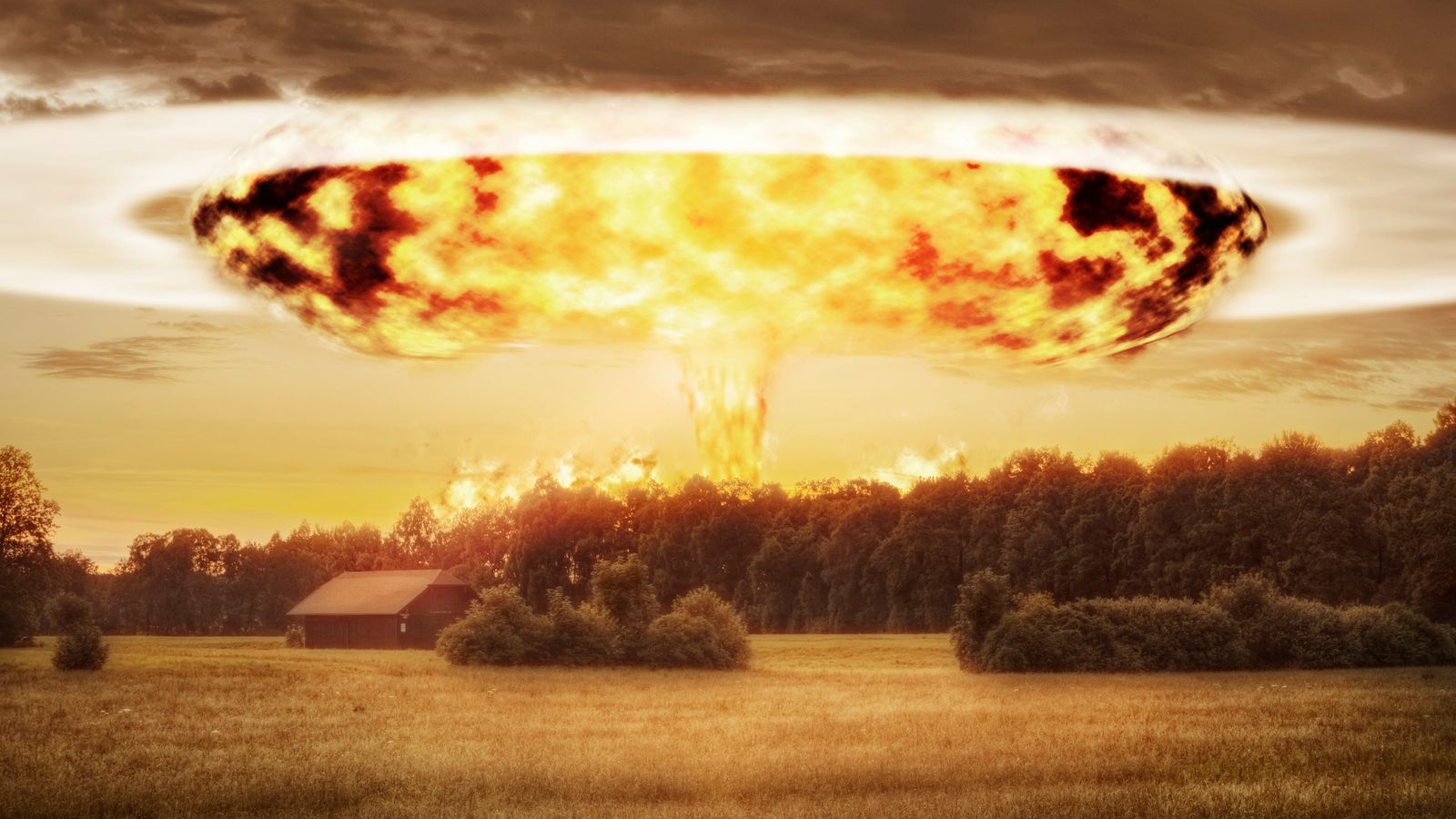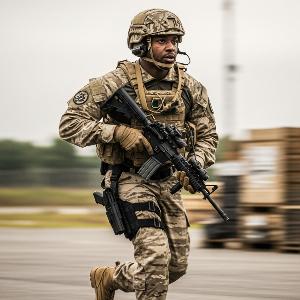The Doomsday Clock has moved the closest to global catastrophe it has ever been - largely because of Russia's invasion of Ukraine and also the climate crisis. Now, a study finds five locations most likely to survive an apocalyptic nuclear winter.
If 2023 is the year the world starts to collapse, scientists think they know where you should head to survive.
The Doomsday Clock has moved the closest to global catastrophe it has ever been - largely because of Russia's invasion of Ukraine and also the climate crisis.
Now, researchers say Australia and New Zealand are among five island nations most likely to survive an apocalyptic nuclear winter.
The study, by the University of Otago and Adapt Research in New Zealand, looked at the impact of "a severe sun-reducing catastrophe" such as a nuclear war, super volcano or asteroid strike on global agricultural systems.
Researchers found Australia, New Zealand, Iceland, the Solomon Islands, and Vanuatu most capable of continuing to produce food despite the reduced sunlight and fall in temperatures - and help reboot a collapsed human civilisation.
They investigated the impact of abrupt sunlight reduction scenarios (ASRS) on 38 island nations and assessed 13 factors which would potentially determine the success of their survival.
These included comparing the nations' food production, energy self-sufficiency, manufacturing, trade relations, social cohesion, defences and population size.
"There will likely be pockets of survivors around the planet in even the most severe ASRS," the study said, with only the most "resilient" nations surviving.

They focused on New Zealand as a case study and found while it might be able to produce enough food in such a crisis, its "shortcomings" lay in manufacturing and its dependence on energy imports.
Researchers also found the repercussions of a nuclear winter or other ASRS would not be evenly felt, with physical destruction, radioactive contamination and temperature decline most likely to occur and be the most severe in the Northern Hemisphere, rather than the Southern Hemisphere.
The researchers concluded: "It is our hypothesis that island nations, particularly in the Southern Hemisphere, would typically suffer less from ASRS. Complex technological society on such islands might persist, and targeted preparation could increase the probability of a global recovery."
The research has been published in the international journal, Risk Analysis.

A nuclear winter is said to be what happens when huge fireballs from exploding nuclear warheads set fire to large tracts of land, causing massive plumes of smoke and dust that end up in the atmosphere, shrouding the surface of the planet. While millions would die in a nuclear apocalypse, millions more would perish from the impact on food supplies.


